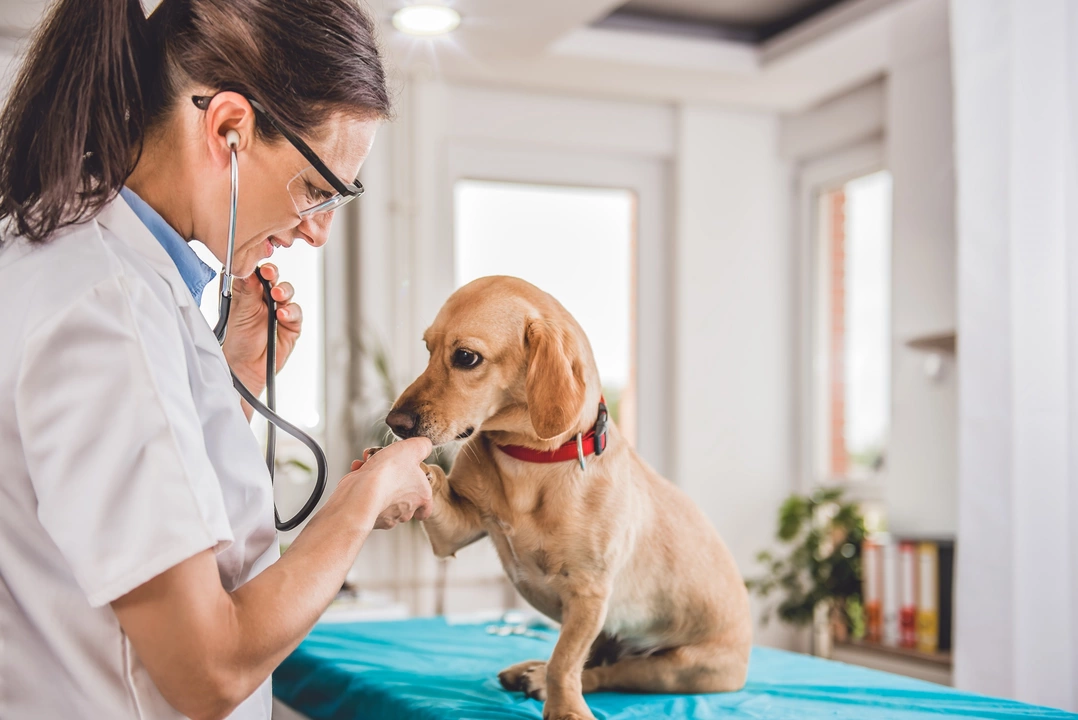Cats and Dogs: Practical Pet Medicine & Safety Tips
One tablet that helps a person can hurt a pet. If you have cats or dogs, knowing basic medicine safety keeps them alive and well. This page gives clear, usable tips on common medication risks, how to buy pet meds safely, and what to do fast if something goes wrong.
Common medication dangers
Many human medicines are toxic to pets. Painkillers like ibuprofen and acetaminophen, some antidepressants, and even certain herbal supplements can cause severe problems. Cats are especially sensitive — their livers process drugs differently. Dogs may eat an entire bottle in a few minutes, which raises a different set of risks.
Watch for these signs after a pet swallows medicine: vomiting, drooling, wobbliness, rapid breathing, loss of appetite, dark urine, or seizures. These are red flags. If you suspect poisoning, call your vet or a pet poison hotline immediately. Quick action often changes the outcome.
Smart shopping, storage, and dosing
Buy pet medications only from a vet or a reputable pharmacy that fills animal prescriptions. Online pharmacies can be safe, but pick ones that require a vet prescription, show clear contact info, and have verified reviews. Cheap unknown sites often sell counterfeit or wrong-dose products that harm animals.
Store all medicines where pets can’t reach them — high cabinets or locked boxes work. Keep pills in original packaging so you know the dose and expiry date. Never give your pet a human drug without asking your vet. Even common cold medicine or multivitamins can be harmful in pet doses.
For long-term pet treatments, ask your vet about side effects to watch for and schedule regular check-ins. If a medication requires monitoring (blood tests, weight checks, or behavior tracking), set calendar reminders and keep a simple log of changes you notice at home.
Traveling with pets? Pack medications in a carry-on, bring original labels, and carry a short note from your vet explaining the prescription. If you run out during a trip, contact local vets or verified online pet pharmacies ahead of time so you’re not scrambling.
Finally, teach everyone in the household basic rules: don’t leave pills on bedside tables, tell guests not to feed pets leftovers or unknown supplements, and post your vet’s phone number where it’s easy to find. Small habits cut most accidental poisonings.
If you want step-by-step help — how to safely buy pet meds online, what to ask your vet, or how to spot fake pharmacy sites — check the linked guides on this tag. They walk you through safe shopping, what legit packaging looks like, and real-world tips from pet owners and professionals.
Keep meds locked, get vet advice first, and act fast if your pet swallows something they shouldn’t. That approach prevents most emergencies and keeps your cat or dog healthy for years.

